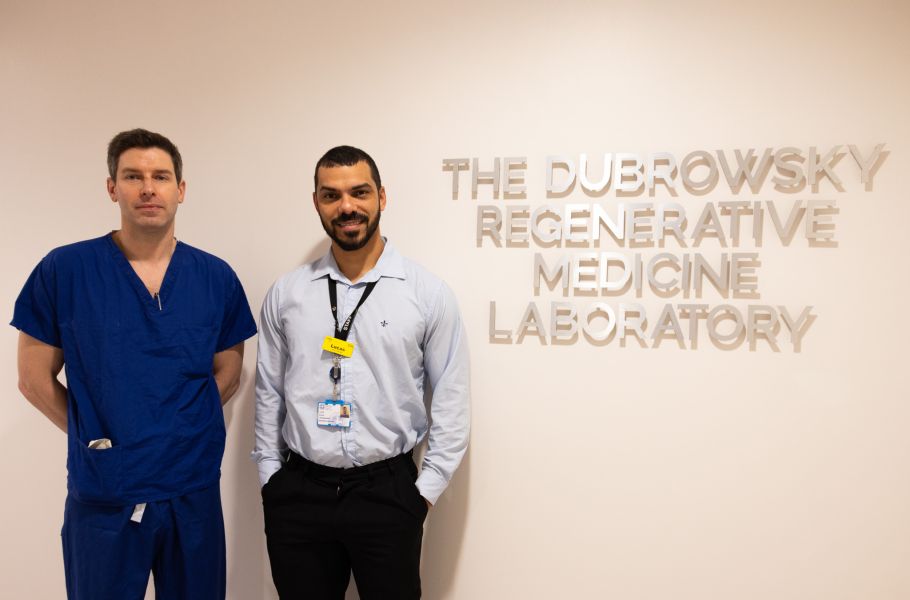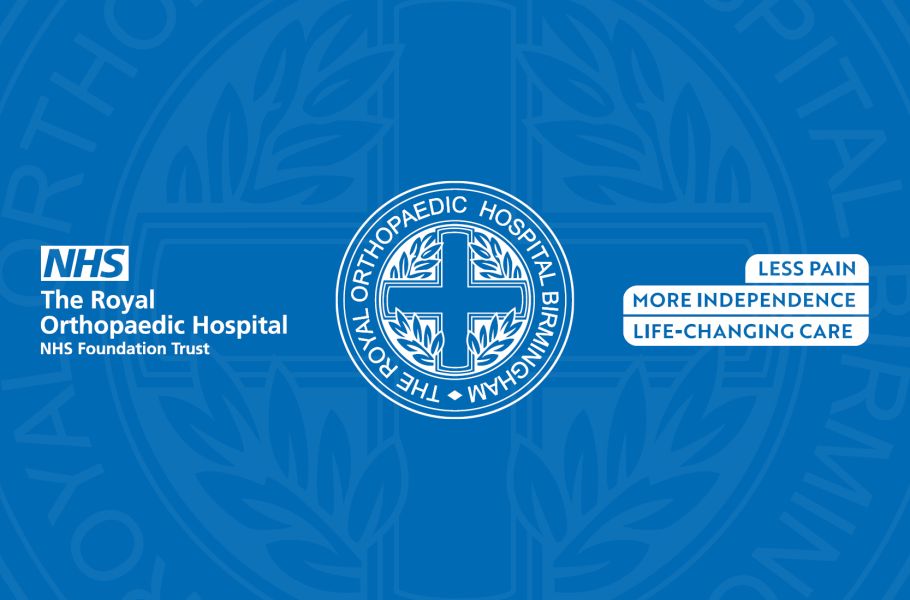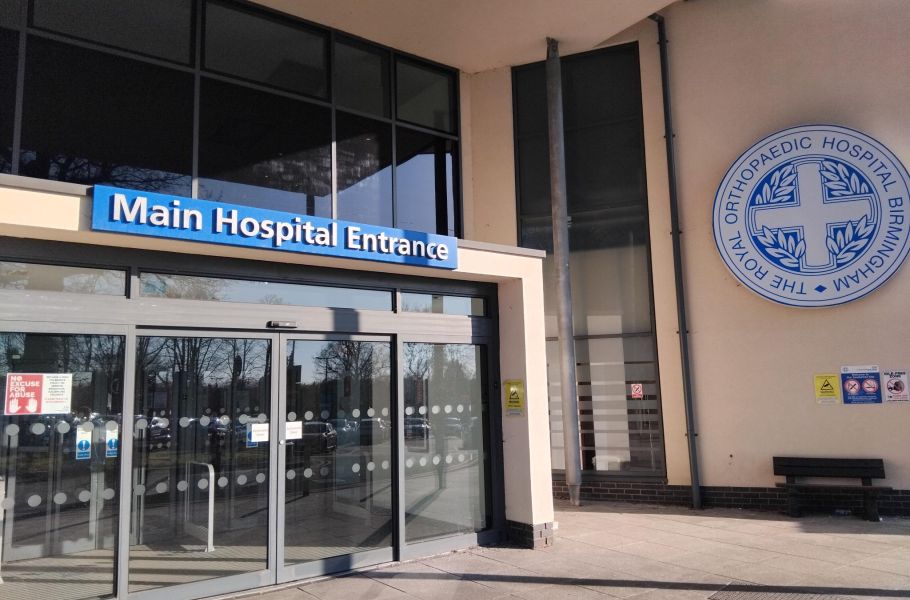Orthopaedic surgery and anaemia

If you're scheduled for or considering elective orthopaedic surgery (like a hip or knee replacement), it's important to know about a condition called anaemia.
Anaemia happens when you don't have enough red blood cells or a low level of haemoglobin, a protein in these cells. This condition can affect how well your body heals after surgery. Affecting 30–60% of all patients undergoing major elective surgery, anaemia is associated with:
- An increased risk of blood transfusion
- In-hospital complications
- Delayed hospital discharge
- Poor recovery
In this article, we'll explain why understanding anaemia is crucial before going through orthopaedic elective surgery.
Why anaemia matters
Red blood cells carry oxygen from your lungs to different parts of your body. Haemoglobin, found in these cells, helps deliver oxygen to tissues and organs. Anaemia can mean a few different things depending on how it affects the individual – from not enough red blood cells, these red blood cells not functioning properly, to poor absorption of iron (iron deficiency) which your body needs for metabolism, repair and function. This can all lead to less oxygen in your body, which can make you feel tired, weak, and affect how well you heal after surgery.
Dr Nyangoni, Consultant Anaesthetist at The Royal Orthopaedic Hospital explains why thinking about anaemia before your procedure is important.
“Understanding and addressing anaemia before orthopaedic surgery is a key aspect of ensuring your overall wellbeing. Anaemic individuals may face challenges in the healing process, making it crucial to identify and manage this condition pre-operatively.”
There are a number of different symptoms which may indicate anaemia like fatigue and weakness, dizziness or light-headedness, cold hands and feet or an irregular heartbeat. If you suspect you have anaemia or are experiencing symptoms, it's crucial to seek medical advice from your GP promptly.
Anaemia's Impact on orthopaedic surgery:
The recovery process after joint replacements requires good oxygen levels to facilitate proper healing and recovery and to be able to cope with mobilising after surgery. This is because blood loss is common during surgery. Your surgeon and anaesthetist will always aim to minimise the blood lost to help give you the best chance for recovery.
If you have anaemia, your body might take longer to heal after surgery. It could also increase the chances of getting an infection and make recovery slower. In serious untreated cases, anaemia may even cause problems with the heart (heart attacks), kidneys (Acute Kidney injury), brain (strokes) and lungs (pulmonary embolism).
Checking for anaemia risks before surgery
Before your orthopaedic surgery, we will do some tests, like a full blood count (FBC), to check for anaemia. We may also conduct a haematinics test. This test helps in the differentiation of anaemia and ensures targeted treatments. If anaemia is found, your healthcare team can take steps to help prepare you before the surgery. This might include taking iron supplements, or other treatments to boost your red blood cell levels.
Working Together with your healthcare team
Knowing about anaemia and its impact on orthopaedic surgery is important for anyone thinking about elective orthopaedic care. By understanding your overall health, including the possibility of anaemia, you can work with your healthcare team to take the right steps before surgery. This approach not only increases the chances of a successful outcome but also helps you recover more effectively after your orthopaedic elective surgery.









